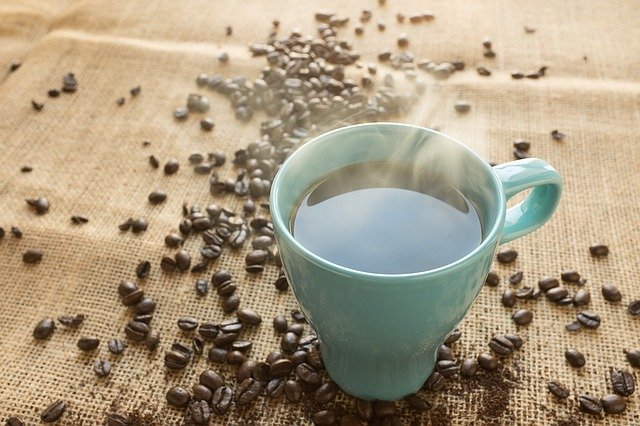
Drinking coffee seems to have its perks.
In addition to the physical boost it delivers, coffee may lessen our risk of heart disease, diabetes and dementia. Coffee may even help us live longer.
Now, there’s more good news: research at Stevens Institute of Technology reveals that the scent of coffee alone may help people perform better on the analytical portion of the Graduate Management Aptitude Test, or GMAT.
This is a computer adaptive test required by many business schools.
The work highlights the hidden force of scent and the cognitive boost it may provide on analytical tasks, and the expectation that students will perform better on those tasks.
In the study, the team administered a 10-question GMAT algebra test in a computer lab to about 100 undergraduate business students, divided into two groups.
One group took the test in the presence of an ambient coffee-like scent, while a control group took the same test—but in an unscented room.
They found that the group in the coffee-smelling room scored significantly higher on the test.
The team then designed a follow-up survey, conducted among more than 200 new participants.
They quizzed the participants about various scents and their perceived effects on human performance.
Participants believed they would feel more alert and energetic in the presence of a coffee scent, versus a flower scent or no scent; and that exposure to coffee scent would increase their performance on mental tasks.
The results suggest that expectations about performance can be explained by beliefs that coffee scent alone makes people more alert and energetic.
The team now is looking to explore whether coffee-like scents can have a similar placebo effect on other types of performance, such as verbal reasoning.
The researchers suggest that olfaction is one of the most powerful senses.
Employers, architects, building developers, retail space managers and others, can use subtle scents to help shape employees’ or occupants’ experience with their environment. It’s an area of great interest and potential.
The study is published in the Journal of Environmental Psychology.
Copyright © 2018 Knowridge Science Report. All rights reserved.
Follow Knowridge Science Report on Facebook and Twitter.
Figure legend: This Knowridge.com image is for illustrative purposes only.



